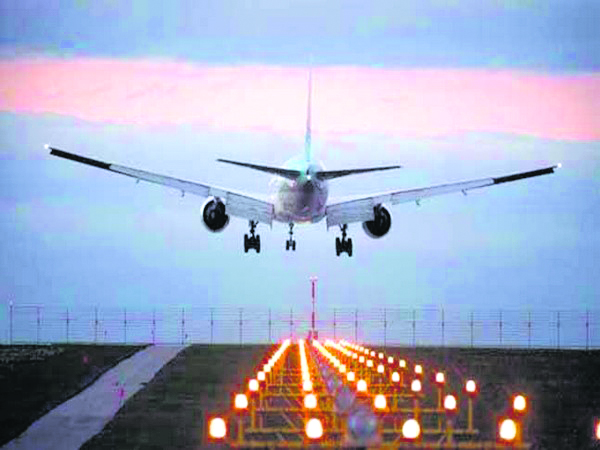
A recent assertion by a UK-based expert has reignited intrigue surrounding the perplexing disappearance of Malaysia Airlines Aircraft MH370. On March 8, 2014, the aircraft vanished from radar screens during its journey from Kuala Lumpur to Beijing, carrying 227 passengers and 12 crew members. Despite exhaustive search endeavors, the fate of the plane and its occupants remains an enigma, rendering it one of aviation’s most captivating mysteries.
Ian Wilson, the purported expert, claimed to have stumbled upon the missing aircraft deep within the Cambodian jungle using Google Maps. Wilson asserted that his discovery was made while scouring satellite imagery, where he purportedly identified remnants of the plane.
“I spent hours searching for places a plane could have gone down. And in the end, as you can see the place where the plane is. It is literally the greenest, darkest part you can see,” Wilson reportedly stated.
However, Wilson’s assertions lack official validation. Last year, Newsweek reported verifying the presence of a plane in images produced by Maxar Technologies for Google Earth. Notably, these images predate the disappearance of Aircraft MH370, dating back to January 1, 2004.
Amidst various theories and conjectures, including debris found on an Indian Ocean island, the true fate of the Aircraft MH370 remains elusive. Nevertheless, Ocean Infinity, a Texas-based company, has recently proposed a new search in the southern Indian Ocean, where the plane is believed to have gone down.
Ocean Infinity’s proposal, submitted to the Malaysian government, outlines a “no-cure, no-fee” approach, wherein payment is contingent upon the company’s success. This initiative underscores ongoing endeavors to unravel the Aircraft MH370 mystery and provide closure to the families of those aboard.
As speculation persists and fresh search initiatives are tabled, the world remains captivated, yearning for resolution to one of aviation’s most enduring enigmas.















